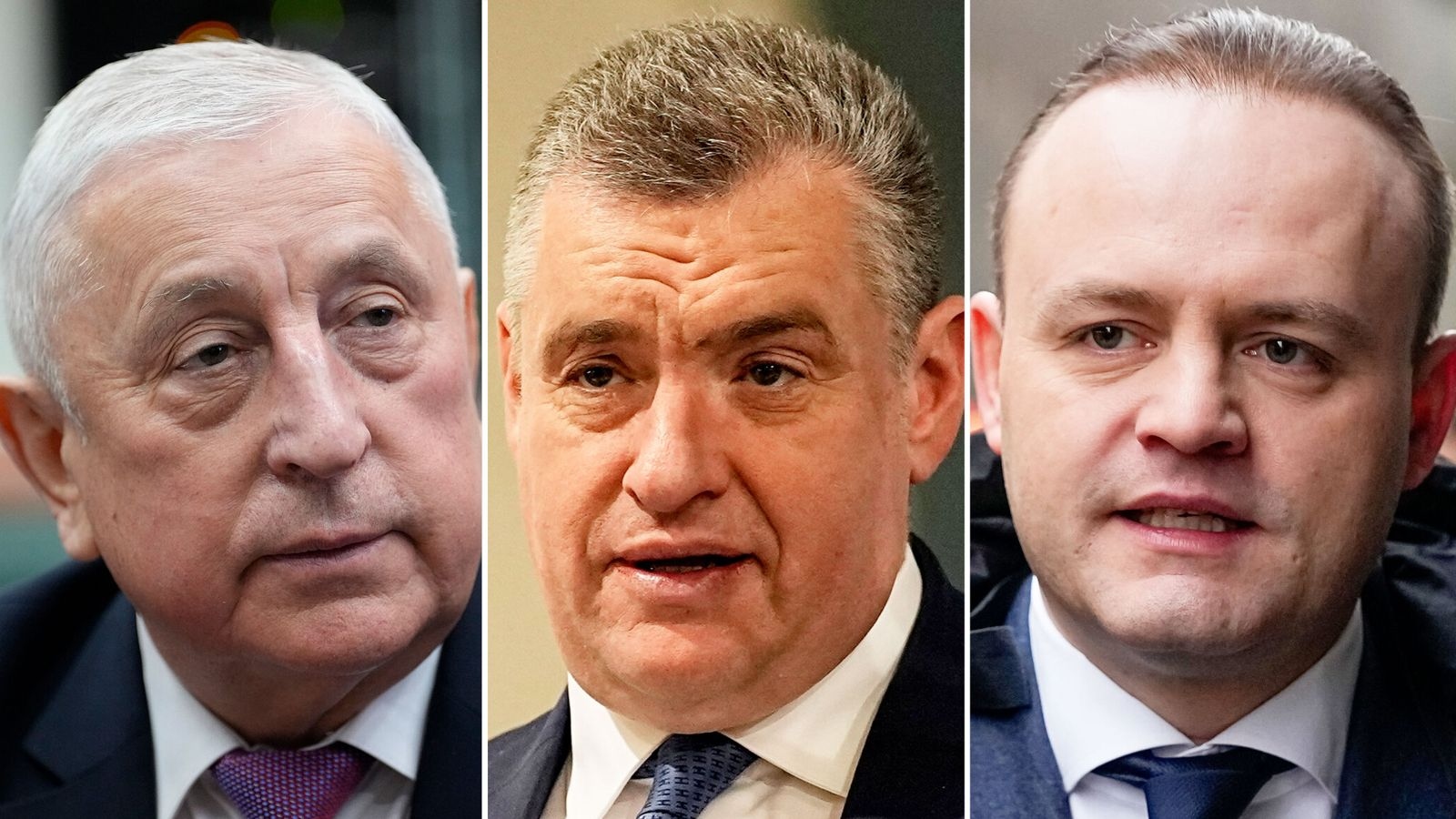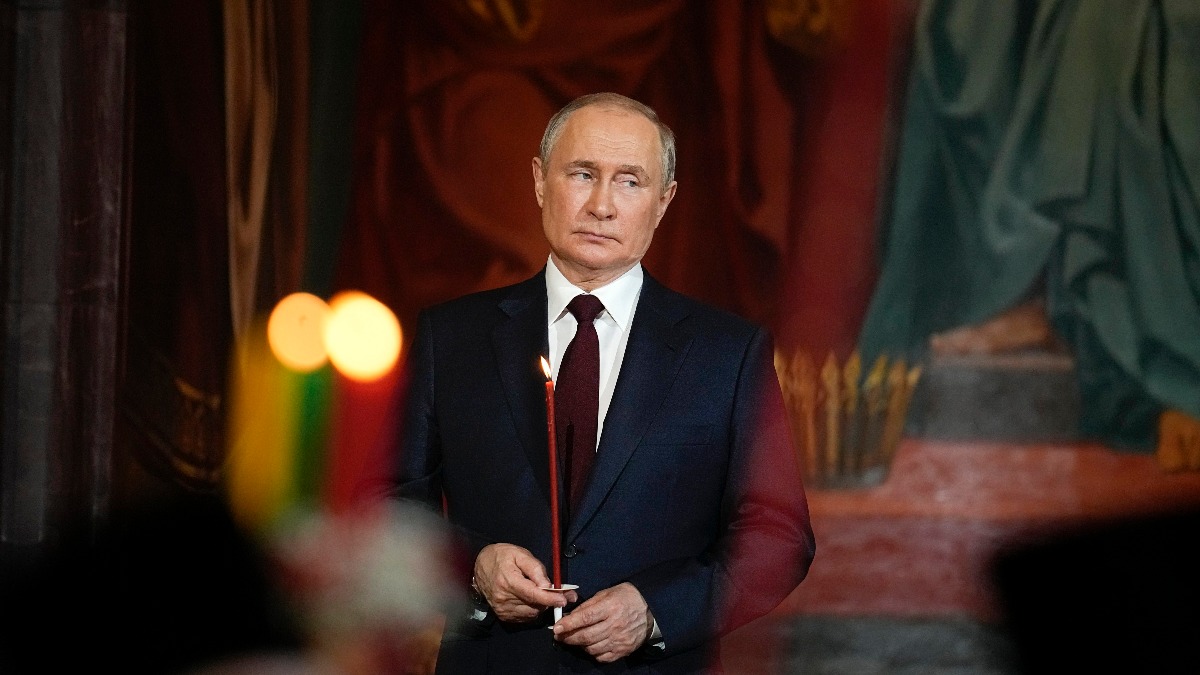Voting for the Russian presidential election is underway. The voting, spread between March 15 and March 17, is predominately seen as a formality. That's because Vladimir Putin's re-election is deemed almost a certain outcome.
This year's Russian presidential race is significant for several reasons. It occurs amidst the ongoing conflict with Ukraine, with Putin facing no serious opposition and, for the first time, the voting span has been extended to three days.
According to surveys, Putin's victory is taken as a given. The election process in Russia is distinctive as presidents are elected through a 'popular vote.'
Meaning the candidate with over 50% of votes becomes the president. If no one achieves this majority and considering there are multiple candidates, a run-off is held three weeks later, where only the top two candidates compete for the presidency.
Why is Putin's Victory Assumed?
Putin has already served four terms as Russia's president, with each election seeing an uptick in his vote share.
In 2000, Putin was elected president for the first time, gaining 54% of the votes. Thereafter in 2004, he secured 72% and 65% in 2012. During the 2018 presidential election, Putin received 77% of the votes.
According to news agencies, 71-year-old Putin is perceived as a 'strong leader' in Russia. His popularity largely stems from this image. Even amid war crimes accusations over the Ukraine conflict, Putin maintains widespread support within Russia.
Russians believe that Putin alone can sternly counter Western countries like the USA and Europe. A February survey revealed that 75% of Russians would vote for Putin.
Who's in the Ring Against Putin?
- Nikolai Kharitonov:
A member of Russia's lower parliament house, the 75-year-old represents the Communist Party. In 2004, Kharitonov ran against Putin but received less than 14% of the votes. Surveys suggest he might only garner around 4% this time.
- Leonid Slutsky:
At 56, Slutsky is a member of the State Duma and leads the Liberal Democratic Party of Russia. A staunch Western critic like Putin himself, Slutsky was accused of sexual harassment by a group of female journalists in 2018 but was cleared by a parliamentary commission. He's projected to receive about 5% of the votes.
- Vladislav Davankov:
At 40, Davankov is the Deputy Chairman of the State Duma and a leader of the New People political party. As the youngest presidential candidate, he has attempted to portray himself as more liberal compared to Putin. Speaking indirectly about Ukraine, he stated he's in favor of peace, but on Russia's terms. He's expected to receive about 5% of the votes, per surveys.

Source: aajtak
Punitive laws and a landscape where opposition leaders have either passed away or are in exile have helped ensure Putin's grip on power. With no formidable force to rival him, Putin remains the unchallenged candidate who, after this election, positions himself to potentially become one of the longest-ruling leaders in Russian history.




